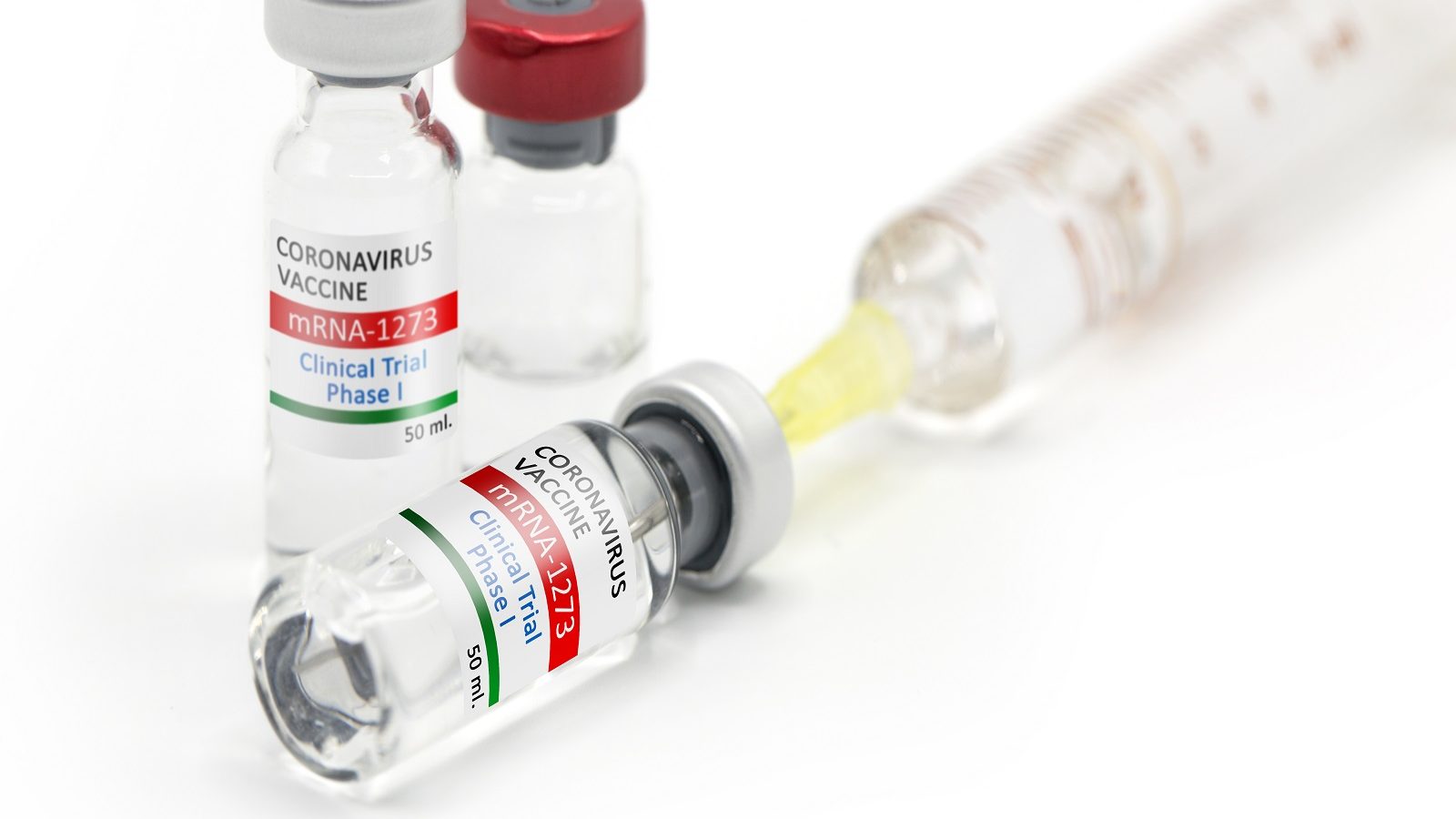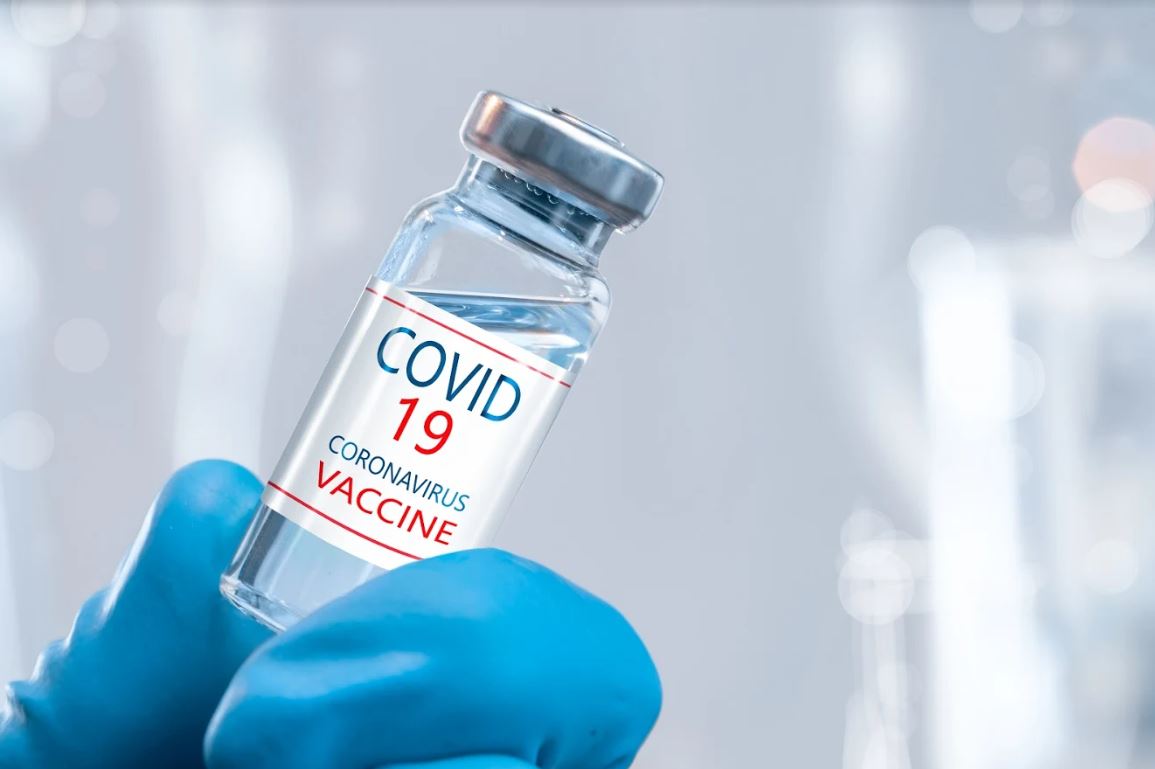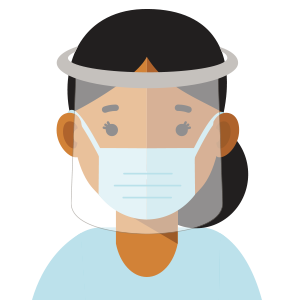
today we have a new update about development of Covid-19 vaccines. scientific minds around the world look to provide an end to the current coronavirus pandemic. We are waiting for FDA approval for pizer and biontech vaccine
Read more

Updates around the development of Covid-19 vaccines seems to be an almost daily occurrence at the moment, as the best medical and scientific minds around the world look to provide an end to the current coronavirus pandemic.
Vaccines from Moderna have produced high efficacy ratings in late trials, Janssen has launched a late stage clinical trial and now the University of Oxford / AstraZeneca jab has also returned encouraging results.
Read more

Throughout this pandemic, you've likely heard terms like Phase 1-2a trial and FDA approval, but what do these really mean—and at what point do they happen?
A vaccine would allow the body to safely develop an immune response to COVID-19 that could prevent or control infection.
it takes time to develop safe and effective vaccines – usually five to ten years on average. Despite promising reports about potential coronavirus vaccines being developed worldwide, it could take an estimated 12-18 months to develop one.
Read more

Vaccines contain the same germs that cause disease. (For example, measles vaccine contains measles virus, and Hib vaccine contains Hib bacteria.) But they have been either killed or weakened to the point that they don’t make you sick. Some vaccines contain only a part of the disease germ.
Read more

Blood type seems to be a predictor of how susceptible a person is to contracting SARS-CoV-2, though scientists haven't found a link between blood type per se and severity of disease.
Read more

Occupational health programs and public health officials making decisions about return to work for healthcare personnel (HCP) with confirmed SARS-CoV-2 infection, or who have suspected SARS-CoV-2 infection (e.g., developed symptoms of COVID-19) but were never tested for SARS-CoV-2.
Read more

I think or know I had COVID-19, and I had symptoms You can be around others after
Read more

Most countries around the world have seen cases of COVID-19 and many are experiencing outbreaks. Authorities in China and some other countries have succeeded in slowing their outbreaks. However, the situation is unpredictable so check regularly for the latest news.
Read more

An allergy (allergic rhinitis) that occurs in a particular season is more commonly known as hay fever . About 8 percent of Americans experience it. Hay
Read more

Tobacco consumption, specially smoking and waterpipe, affect the lung capacity which may lead to difficulty in breathing, caused by long term harmful effect on cardiovascular and respiratory system leading to elevated risk of various kind of infectious diseases.
Read more











Recent Comments